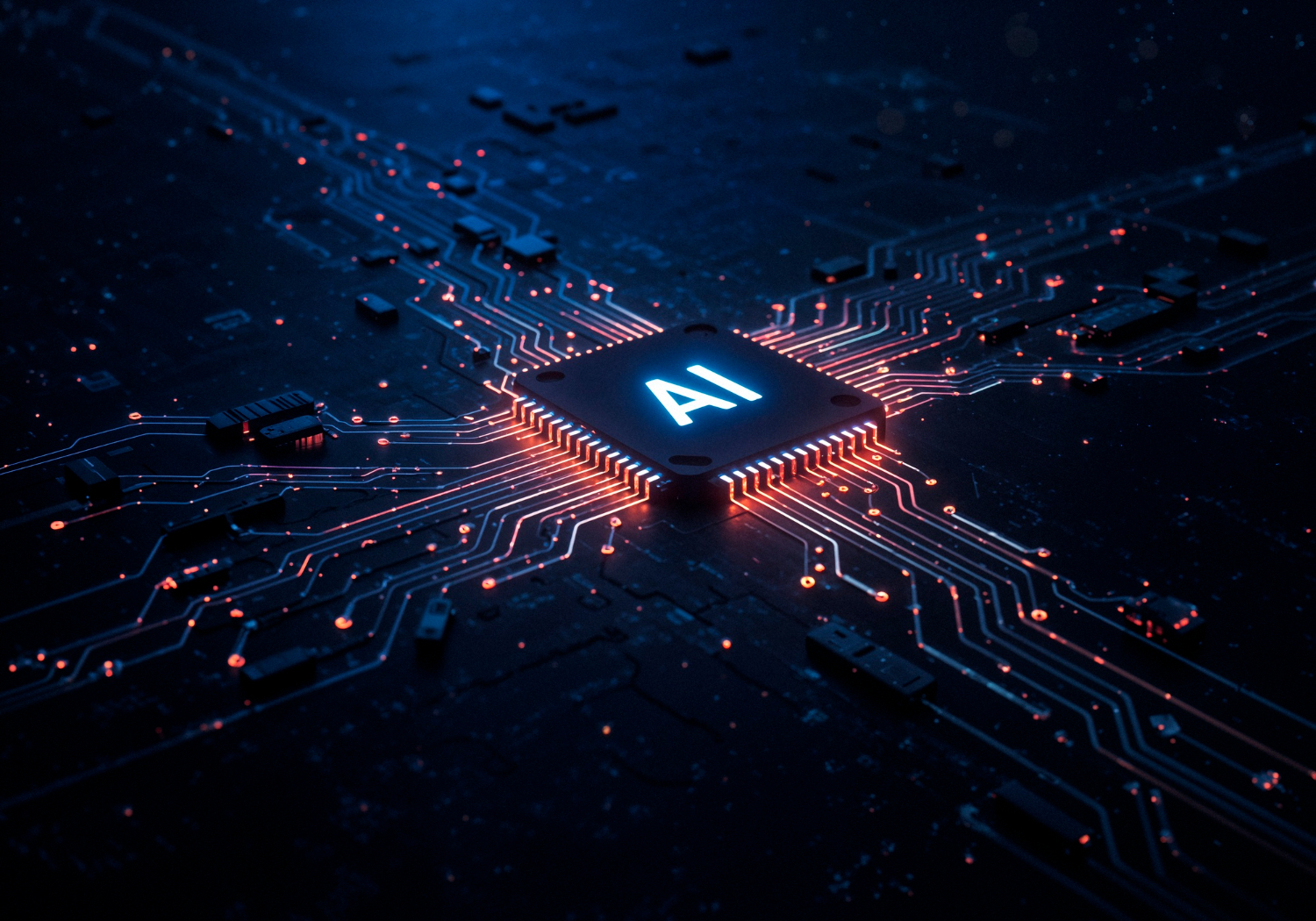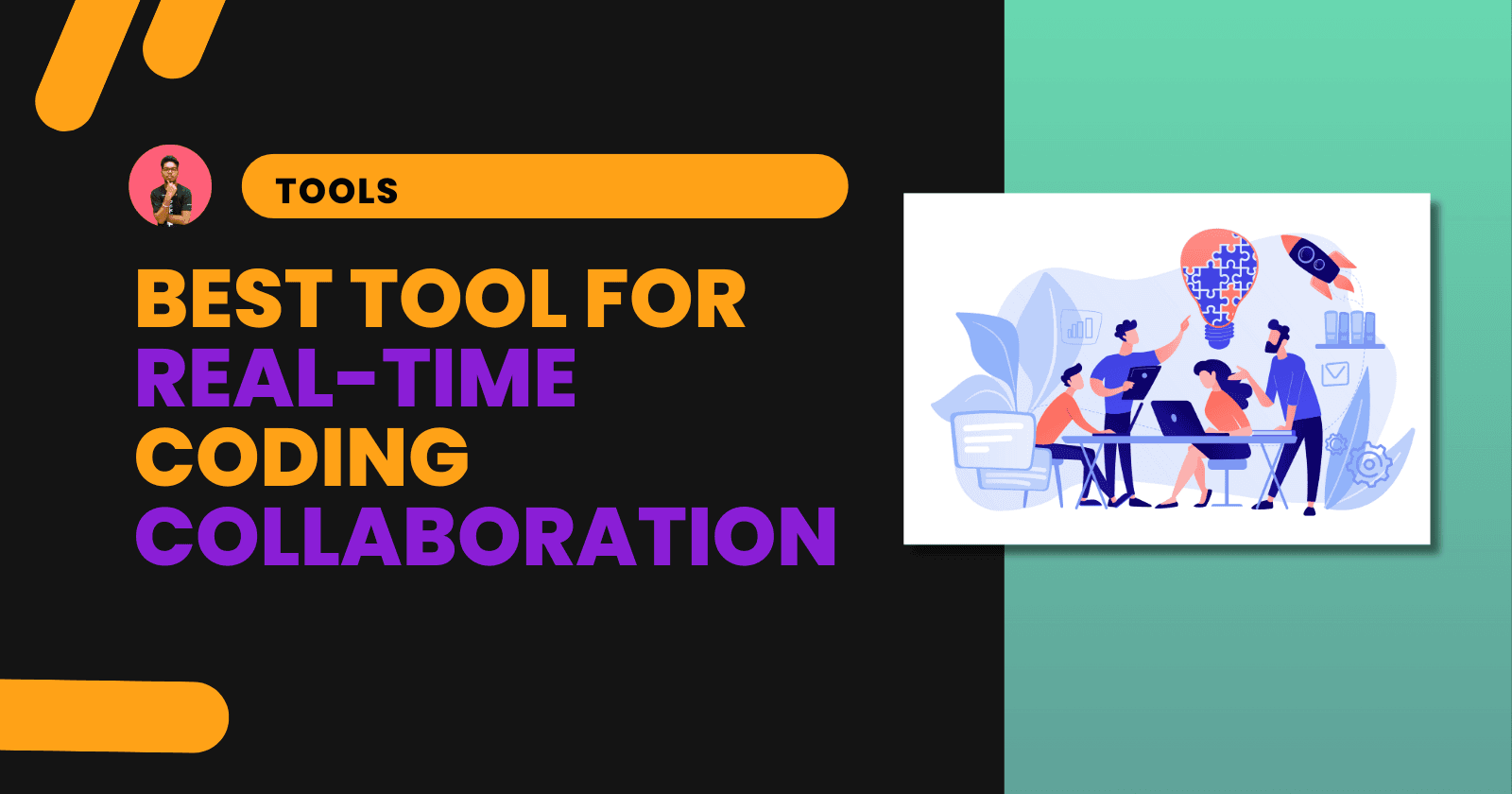Introduction
We are in an age where we see the rise of AI tools around us. Whether they have their own model or simply make API calls to OpenAI, we see different tools that claim to be Artificial Intelligence(AI) being launched. The development of AI tools, along with knowledge, is also required to build an ethical AI. There is AI governance to look for ethical AI.
AI governance simply means the set of policies, regulations, and ethical frameworks that will help in the development, deployment, and use of AI technologies. As AI continues to evolve and integrate into various aspects of society, ensuring ethical and responsible AI development becomes increasingly crucial.
So, today, we are going to look into some key principles and practices that should be implemented while developing an AI for ethical and responsible AI development. Let us get started.

Transparency and Explainability
Maintaining transparency and providing expandability are integral parts of developing a responsible AI. This can be more crucial in text-generating tools, where users benefit from knowing how the AI came to the response. These models should also be able to provide factors that led to their decisions and actions based on the query from the user.
AI systems should be transparent by making their operations and decision-making processes more understandable to the end users. By prioritizing transparency and explainability, developers enhance user trust, facilitate meaningful human-AI collaboration, and empower individuals to make informed decisions about the technology they interact with, fostering a more accountable and user-centric AI landscape.
Fairness and Bias Mitigation
AI should not be biased based on any stereotypical things in society. The outcomes and decisions generated by AI do not favor or give disadvantages to any specific group of people. You can use fairness metrics during model development and also work on tests with different prompts to ensure fairness. Also, you should do regular auditing to find any biases.
Minimizing bias can help the AI application for broader adaptation and also ensure that most people feel safe while using it. In Hiring, lending, and law enforcement departments, having unbiased AI is crucial that avoid any exacerbated existing societal inequalities.
Data Privacy and Security
Data privacy should be looked at for any kind of software you are building. In terms of AI, it becomes more important as it involves conversation. Establish robust data privacy and security measures to protect sensitive information. This includes adhering to data protection regulations, implementing data anonymization techniques, and adopting privacy-preserving AI methodologies to safeguard user privacy.
Other data privacy practices, such as anonymization and encryption, should be implemented. This will contribute to building public trust in AI technologies.
Accountability and Responsibility
Promoting accountability among AI developers and organizations by defining clear lines of responsibility for the design, development, and deployment of AI systems. You can achieve this by creating guidelines for AI developers. They should be responsible for the outcome of the AI system. They should address the AI-related issues and concerns that they might come across.
Also, if anything does not go according to plan or AI generates a misleading response, then the organization that created AI should take responsibility. They should suspend the AI and work on it that provide a better response.
Human-Centric and Human Protection
AI development should be aligned with human rights and human values. It will potentially impact the decision of the user of the system, so it should be able to provide human-centric responses.
In simpler terms, when we're building artificial intelligence, it's crucial to put people at the center of the design. This means creating AI systems that respect your ability to make decisions and that protect your basic rights every step of the way. Whether it's the early stages of development or the final product, the focus is on making AI that works for you, respects your choices, and upholds your fundamental rights.
Risk Management
Implementing risk management strategies involves various effective AI governance strategies. This can include identifying various potential risk that comes with the development of AI. It includes risks such as Cybersecurity threats, unintended consequences, and safety concerns.
By implementing the necessary safety protocols and regulatory standards, we can minimize the risk associated with the development and deployment of AI technologies.
Conclusion
All the things that we discussed, which are transparency, explainability, fairness, data privacy, accountability, and risk management, collectively can form the foundation of responsible AI development. By prioritizing transparency and explainability, developers can build trust and empower users with a better understanding of the decisions made by the AI. Ensuring fairness and bias mitigation prevents AI from perpetuating societal inequalities, particularly in critical areas like hiring and law enforcement.
Data privacy and security measures that include anonymization and encryption are crucial to implement to protect sensitive information and build public trust. Accountability holds developers responsible for the outcomes of AI systems, promoting ethical practices and responsive interventions in case of issues. A human-centric approach aligns AI development with human rights and values, emphasizing systems that respect user decisions and protect fundamental rights.
The last thing we discussed in the article is risk management. Effective risk management strategies further minimize potential threats, including cybersecurity risks and unintended consequences. By implementing these principles, the AI community can contribute to a future where AI technologies enhance human well-being while also maintaining ethical standards and societal trust.
I hope this article has helped you know the key principles and practices that should be implemented while developing an AI for ethical and responsible AI development. Thanks for reading the article.



